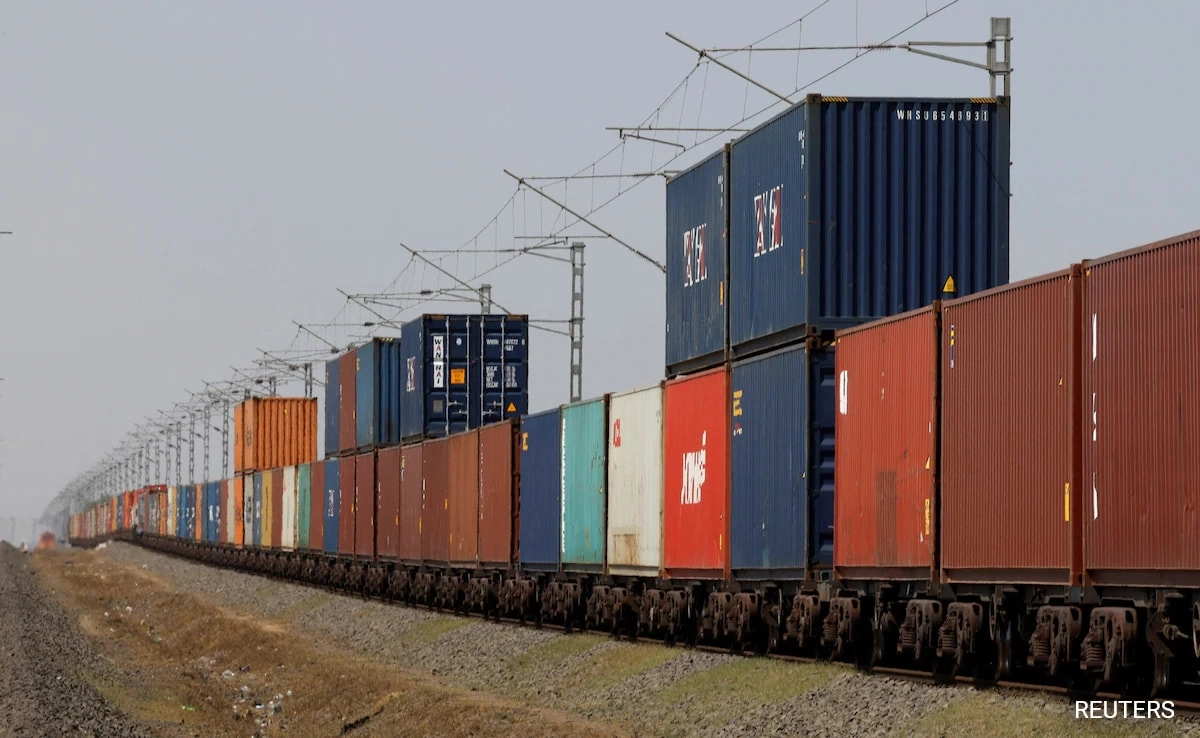Moody’s Investors Service has issued a warning regarding the implications of former President Donald Trump’s proposed 50% tariff on imports from China. This move poses a significant challenge to India’s “Make in India” initiative, which aims to bolster domestic manufacturing and attract foreign investment. The “Make in India” campaign, launched in 2014, is designed to transform India into a global manufacturing hub by encouraging both local and international companies to produce goods within the country. However, the introduction of such high tariffs could disrupt supply chains and alter competitive dynamics in the region, potentially undermining the very objectives of this initiative.
The proposed tariff could lead to increased costs for Indian manufacturers who rely on imported components and raw materials from China. This situation could place additional financial strain on businesses operating in India, making it less attractive for them to invest in local production. Moreover, if the cost of imports rises significantly due to tariffs, it may result in higher prices for consumers, thus affecting overall economic stability and growth. Moody’s analysis suggests that while the intent behind the tariff may be to protect American industries, the repercussions could resonate far beyond U.S. borders, impacting economies like India that are striving to enhance their manufacturing capabilities.
Furthermore, the geopolitical landscape could shift as countries reconsider their trade relationships in response to U.S. policy changes. The imposition of such tariffs could lead to retaliatory measures from China, complicating international trade dynamics. For India, this could mean a reevaluation of its own trade agreements and strategies as it seeks to navigate the complexities of a global economy increasingly influenced by protectionist policies. The “Make in India” initiative, while ambitious, may need to adapt to these changing circumstances to maintain its momentum and achieve its long-term goals.
In conclusion, while the “Make in India” initiative holds significant potential for economic development, the challenges posed by Trump’s proposed tariffs cannot be ignored. Policymakers in India will need to devise strategies that mitigate the negative impacts of such trade barriers, ensuring that the country remains an attractive destination for manufacturing and investment. As the global economic landscape evolves, India must remain agile and responsive to external pressures to realize its vision of becoming a manufacturing powerhouse.




